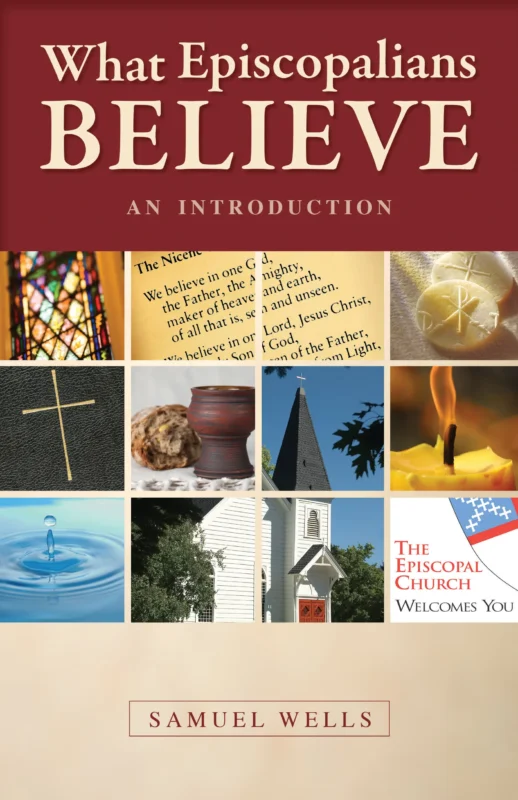To Write or Not to Write: Exploring the Debate on Writing in a Bible
Many people have different opinions when it comes to writing in a Bible. While some see it as a way to engage more deeply with the text and make personal connections, others view it as disrespectful to the sacred nature of the book.

In this article, we’ll explore the various arguments for and against writing in a Bible, as well as the potential benefits that come along with doing so. Whether you’re trying to make a decision for yourself or simply curious about the topic, we hope to inform you in a friendly manner to help you better understand the different perspectives.
So, let’s dive into the discussion on whether or not it’s bad to write in a Bible! Read on to learn more.
Why do people write in their Bibles?

Writing in one’s Bible is a topic that has been debated amongst Christians for centuries. Some argue that writing in the pages of their holy book is disrespectful and sacrilegious, while others believe that it can be a helpful tool for personal reflection and growth.
Those who choose to write in their Bibles often do so as a way to better understand the Scriptures and make connections between different passages. By underlining key phrases, jotting down notes or questions, and highlighting important verses, readers can engage with the text on a deeper level.
Writing in one’s Bible can also serve as a form of prayer or meditation. By reflecting on the words of Scripture and recording personal insights, individuals are able to connect with God on a more personal level.
However, it’s important to note that not all Christians feel comfortable writing in their Bibles. For some, it may feel like defacing something sacred or irreverent. Ultimately, whether or not someone chooses to write in their Bible is a matter of personal preference.
Regardless of whether one chooses to write in their Bible or not, what matters most is how they engage with its teachings and apply them to their daily lives. At the end of the day, it’s not about how pristine our Bibles look on the outside but rather about how deeply we have internalized its message.
The arguments for and against writing in the Bible.
The question of whether it is bad to write in a Bible has long been a topic of debate among Christians. On one hand, some argue that writing in a Bible is akin to defacing a holy text and should be avoided at all costs. Others, however, believe that writing in your Bible can actually enhance your personal study and understanding of the scripture.
Those who oppose writing in Bibles argue that the text is sacred and should not be altered in any way. They believe that writing notes or underlining passages can detract from the purity and reverence of the scripture. Additionally, they argue that if you need to make notes or annotations, it’s better to do so on separate paper or notebooks rather than directly on the pages of your Bible.
On the other hand, proponents of writing in Bibles see it as an important tool for personal growth and understanding. By highlighting key passages or making notes alongside verses, readers can better connect with the text and gain deeper insights into its meaning. Writing also allows readers to track their own spiritual journey over time as they revisit their notes and reflections.
Ultimately, whether or not you choose to write in your Bible comes down to personal preference and interpretation of scripture. However, it’s important to remember that regardless of how you choose to interact with your Bible – through highlighting or note-taking – what matters most is developing a deeper relationship with God through studying His word regularly.
The potential benefits of writing in a Bible are numerous.
The age-old debate on whether it is bad to write in a Bible has left many Christians confused and hesitant. Some believe that writing in the holy book is a sign of disrespect, while others argue that it can improve one’s spiritual journey.

However, there are potential benefits to writing in a Bible. Firstly, it allows for deeper engagement with the text as one takes time to reflect and jot down personal insights or questions. This process helps to internalize the message and aids in memory retention.
Additionally, written notes can serve as reminders of past lessons learned from scripture. This not only helps individuals apply biblical teachings to their lives but also provides an opportunity for reflection and self-improvement.
Moreover, writing in a Bible can help believers connect with God on a more personal level by creating an intimate dialogue between them and the divine. It allows individuals to express their thoughts and emotions freely without fear of judgment or condemnation.
In conclusion, whether or not one chooses to write in their Bible ultimately comes down to personal preference. However, it is important for Christians who are trying to learn more about their faith not be discouraged by conflicting opinions but instead explore this method as another tool for strengthening their spiritual journey.
How to decide for yourself whether or not you should write in your Bible.
The decision to write in one’s Bible is a personal one, and there are valid arguments on both sides of the debate. Some view writing in a Bible as disrespectful or irreverent, while others see it as a way to engage with the text and make it more meaningful.
Those who are trying to learn more about Christianity should first consider their own beliefs and values. Are they comfortable with marking up a holy text? Does their faith tradition discourage or encourage writing in Bibles?
« is it ok to highlight the bible
bible without chapters and verses online »
It’s also important to think about the purpose behind writing in a Bible. Is it simply for note-taking or highlighting important passages? Or is it an act of devotion, a way to deepen one’s relationship with God?
Ultimately, the decision whether or not to write in your Bible should be based on personal preference and individual needs. If you find that writing helps you better understand and connect with scripture, then go ahead and do so. If you feel that keeping your Bible pristine is more respectful, then honor that belief.
In the end, what matters most is not whether our Bibles are marked up or pristine but how we engage with its teachings and apply them to our daily lives. Whether we choose to write in our Bibles or not, let us always strive for deeper understanding and greater connection with God through His Word.
Conclusion
Ultimately, the decision to write in a Bible is something that requires personal consideration. With respect for history and tradition, weigh the arguments on either side before you decide whether or not this is an appropriate practice for your religious journey. We hope this article has given you more insight into why people do it, what potential benefits may come of it and how to make up your own mind about writing in a bible.
















